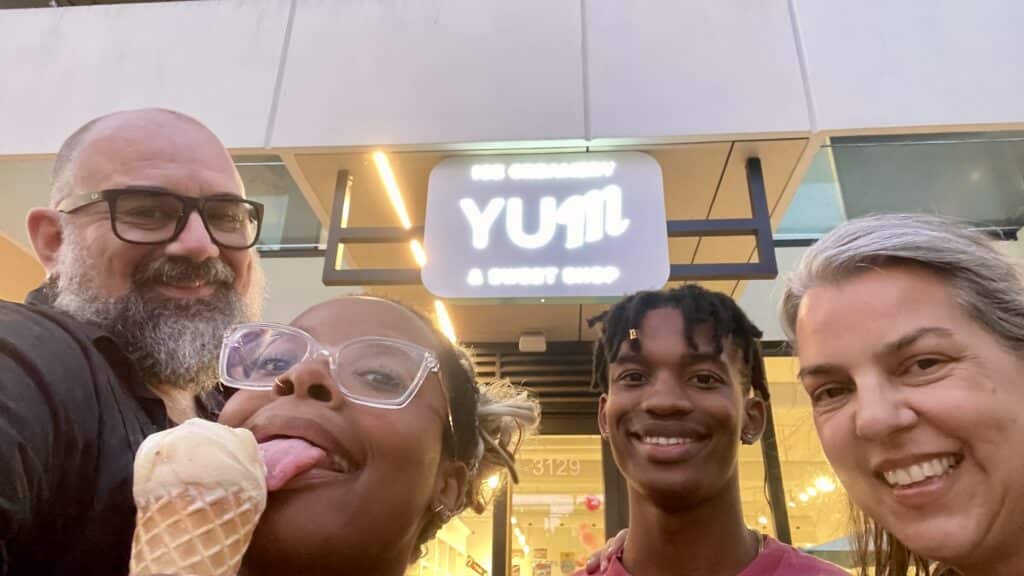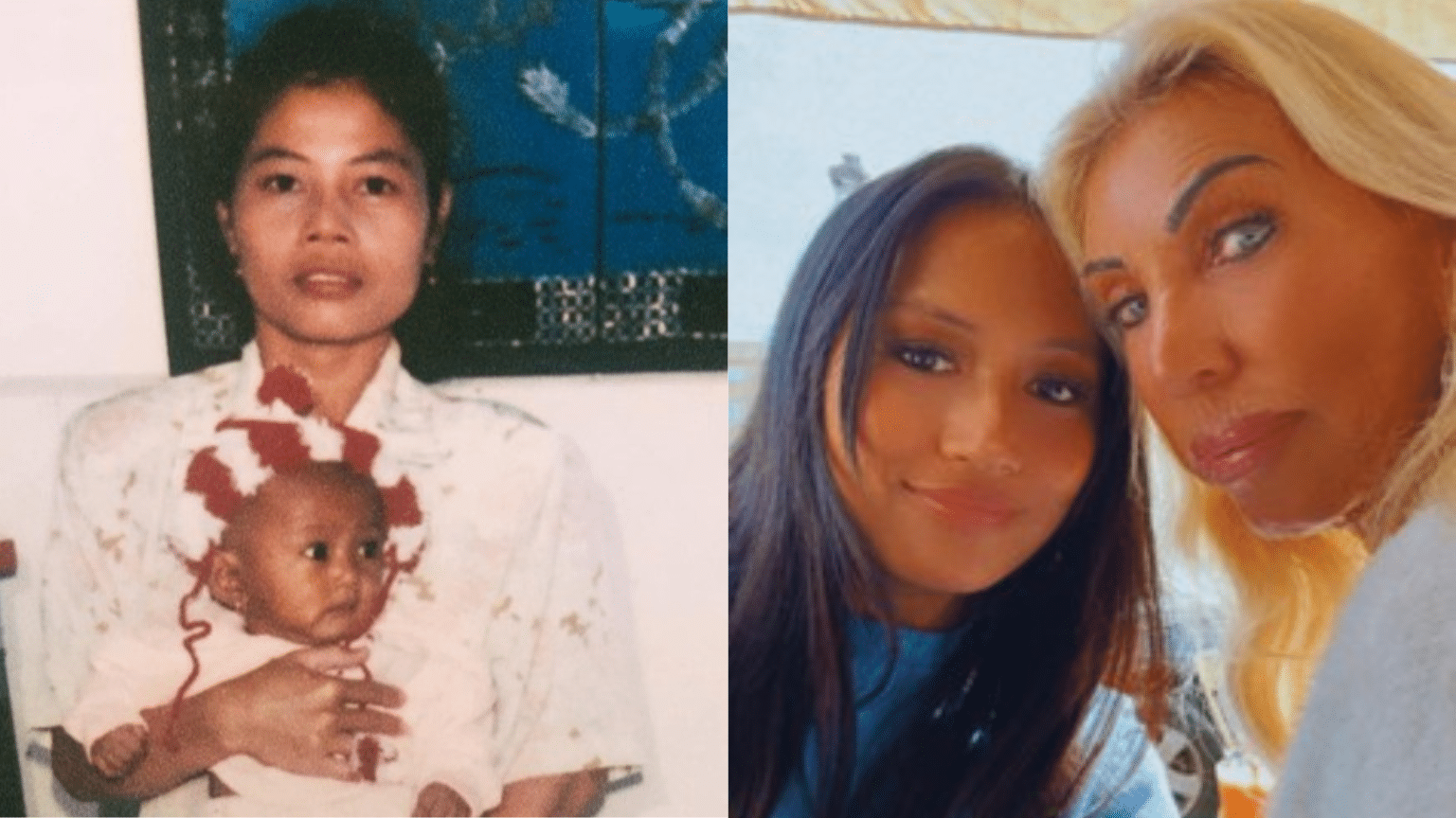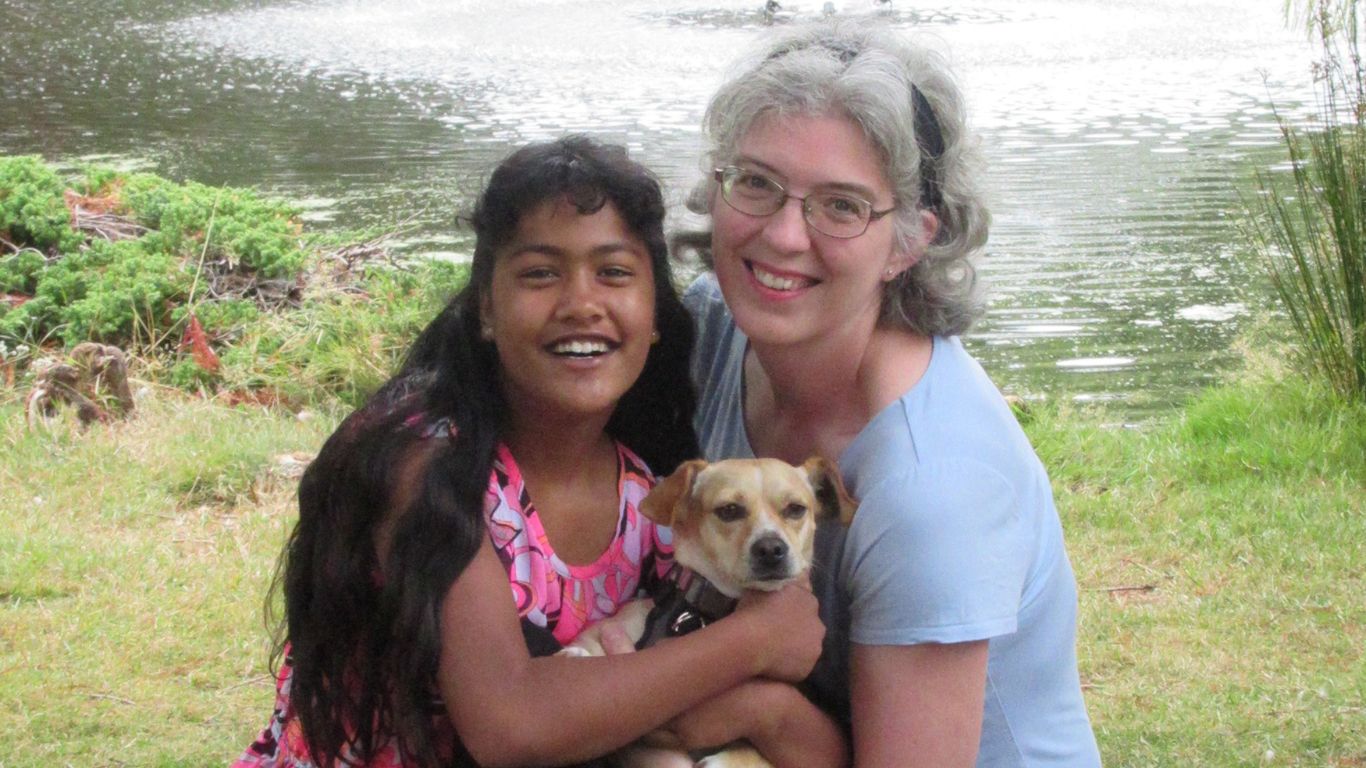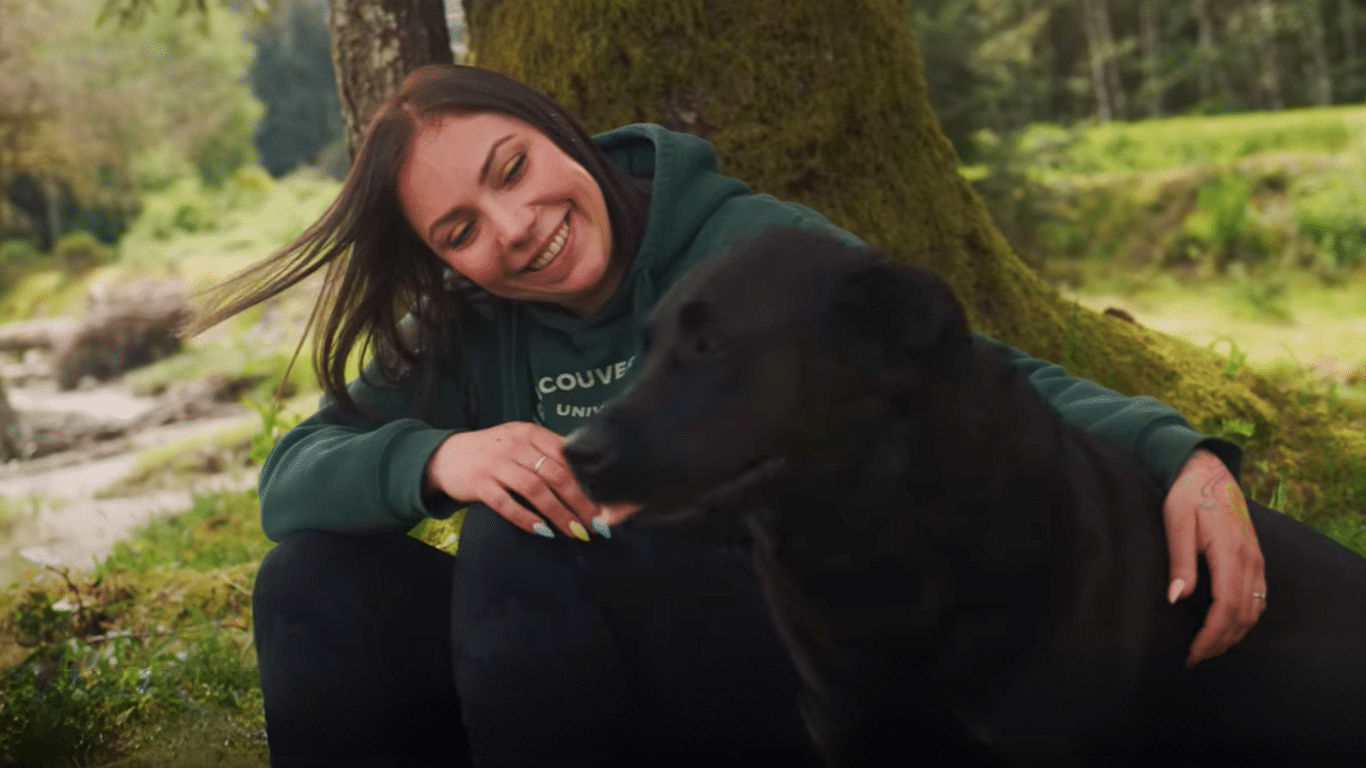In her book, The Face In the Mirror, Marion Crook provides an in-depth examination of teens feelings and perceptions about adoption. She says, “Adopted children need reassurance that they are loved and wanted…. Their appetite for proof that their parents love them and will continue to love them may seem insatiable.”
Jayne is such a child. Now 13, she was placed with her parents at age two, and suspected of having some fetal alcohol related disorders. According to her adoptive father, Jayne’s most significant trauma and loss was her adoptive parents’ separation when she was five. This is as significant to her as the fact that she has special needs resulting from prenatal alcohol consumption. Jayne’s dad says that when she acts out or misbehaves, he’s never quite sure if her behaviours are an attachment issue, related to FASD, or normal adolescent rebellion.
Jayne has an acute instinct for playing her parents against each other. Although her parents are separated, they have found ways to maintain a parental unity so that Jayne cannot use splitting strategies. She has an inordinate need for hugs, reassurance, affection and attention. Although Jayne is 13, her emotional need for morning and bedtime routines is more like a younger child’s.
Acceptance that Jayne’s rate of emotional growth is not in keeping with her chronological age helps Dad not get frustrated or impatient with her. He reminds himself that there is still a dependent person in his life, and meeting her need for affection and reassurance sustains the bond between them.
When Jayne was younger, her dad allowed a wider range of behaviours than he does now. In recognizing Jayne’s limitations, slower rate of emotional maturation, and need for acceptance, he believes that his choice to be more tolerant of certain behaviours has helped to underpin a bond between them that is now quite solid and has helped him to gradually introduce more age-appropriate expectations. It is, nonetheless, always a challenge for him to create chances for Jayne to meet her normal adolescent developmental needs for peer acceptance, belonging and independence, while also protecting her from the risks that may arise as a result of her special needs: for example, being easily led by others, or forgetting to be at a certain place at a specific time.
As a junior high school student, Jayne wants to go to the school dances with her friends. She is still in the process of earning this privilege. She first needs to learn to not follow others indiscriminately, to tell time and to meet her father at agreed upon times and places.
Jayne’s dad finds that there are times when he has to trust his own wisdom with regard to her special needs. While he’s grateful that school counsellors and teachers are supportive and try to be helpful, he also sees that their experience with FASD is limited. Like many children with fetal alcohol related disorders, Jayne’s verbal skills are excellent and belie her underlying emotional and cognitive deficits. Dad is resisting Jayne’s regular teachers’ advice that she be put in the regular classroom, knowing that if he followed their suggestion, it would set Jayne up for failure and frustration. Her current learning assistance teacher is in agreement with this.
When Jayne is particularly challenging, Dad can sometimes slip into negative self-talk, such as, “I’m not doing a good job,” or when he is particularly down, “Someone else should’ve adopted her.” His solution is to remind himself that he’s in for the long haul, to remember everything he’s gained from his relationship with Jayne and the positive feedback he’s received from others on his parenting. He says that at these times, he stops and asks himself what he needs to change to get through this particular roadblock. He reminds himself of Jayne’s particular disabilities, of what she’s realistically capable of, and asks himself what he can do differently to make the particular situation work, while still maintaining parental control and responsibility. It helps when he reminds himself that he and Jayne each have a different view of the situation.
He finds that Jayne is now mature enough to bring her own good will to help resolve a dispute between them. Jayne’s comments on being an adopted teen are: “I’m glad I have my adoptive family and my birth family, even though I don’t know my birth family. If I had a fight with my adoptive parents, I’d feel like running away. But then my Mom would come and sing me a song, and it would remind me that they really do love me.”
In terms of the future, Jayne’s dad recognizes that she will always need assistance and support of some kind, but he’s hopeful that she’ll be able to hold a job, perhaps with assistance, as an adult.
In A Child’s Journey Through Placement, Vera Fahlberg describes the course of emotional development in adolescence. She provides an excellent description of the range of developmental tasks to be accomplished in these critical years before adulthood. What parent isn’t beaming with pride when they see their child meeting these develop–mental tasks with overall success, albeit, punctuated with a few struggles here and there?
For most parents, our children’s success can safely be measured using the guides and norms that describe the general population of adolescents. For others, who have adopted children with a diagnosed or suspected risk of a particular disability, a different set of measures must be invoked. As one adoptive parent put it, “When your child has a disability, you disregard the mainstream and start to become ingenious in addressing their special needs.”
One of the biggest challenges for parents of special needs teens is keeping them safe when hormones are raging and cognitive abilities are compromised.
Annie was adopted as a toddler with suspected cognitive delays and Fetal Alcohol Syndrome. She is now 16. Her IQ is established at 70 and a diagnosis of FASD is confirmed. Her adoptive mother says that until you have a real IQ score, you always hope your child will catch up. Annie’s understanding of herself as an adopted person is very elementary. At 15, she finally began to understand that she grew in someone else’s body. This remains her level of understanding. Her mom says Annie is typical of children with FASD. Her feelings are very much in the moment, dissipate quickly, and there is no awareness of how her behaviours and words impact others.
She can’t understand that other people’s feelings last longer, that hurt feelings leave scars. In this way, Annie’s mental disability saves her emotional pain because she’s not able to grasp the many layers and multitude of losses represented by adoption. Annie, like Jayne, presents very well verbally. Thus, the school system didn’t recognize her deficits in a way that was helpful to her progress. Annie was able to complete grade nine and now remains at home with her parents. Annie’s adoptive parents are very skilled, having fostered several children and raised biological children. However, there was a point when they felt it might be better for her to live elsewhere. She was hurting the younger children in the family, stealing, lying and seeking sexual attention. When her parents suggested she might need to live elsewhere, they were amazed when she resisted this option, saying she didn’t want to leave. She started to become curious and interested in finding out what she needed to do to keep living with the family.
Now Annie has improved her behaviour at home, is bonded to her parents and likes to please them in a variety of appropriate ways. However, she still seeks sexual attention and will follow any male who invites her. Her parents addressed this challenge by involving the police in developing a safety plan for Annie. They also literally put the word out in the community that anyone engaging in sexual activity with Annie would “find their face flattened by her father,” and would be charged with sexual assault. As an added precaution, they installed an alarm system at home, so they would know if she left the house late at night, explaining to her that although they can’t keep her from going out, they at least want to know, and the alarm indicates when she has left.
Adoptive parents of special needs children can experience immense isolation and lack of understanding of their children’s behaviours and their own parenting strategies. Speaking and sharing with other parents of children with similar challenges is critical. One of Annie’s parent’s best resources is the MCFD social worker in their community, with whom Annie’s mother meets regularly. When asked what they see in their own future, as they have also had to let go of the notion of ever being empty-nest parents, they acknowledge that they have come to accept that they will need to ensure that Annie has resources and support for the rest of her life.
Recognizing that Annie’s disabilities do not diminish her need for love, nurturing and a good home, reminds her parents that it is, indeed, an honour to raise and love a child, no matter what the outcome.
Annie’s and Jayne’s parents have redefined success. They have had to let go of their hopes and dreams for their children in the mainstream sense. Now their goal is to keep their children safe and alive — a simple but challenging goal.
(Names of the children in this article have been changed.)
P’nina Shames, RN(np), MSW, RSW, is a Private Practitioner in Adoption, serving the West Kootenays through adoption agencies throughout BC.





